James Gunn Needs To Resurrect DC’s Scrapped Film To Get Back At Marvel
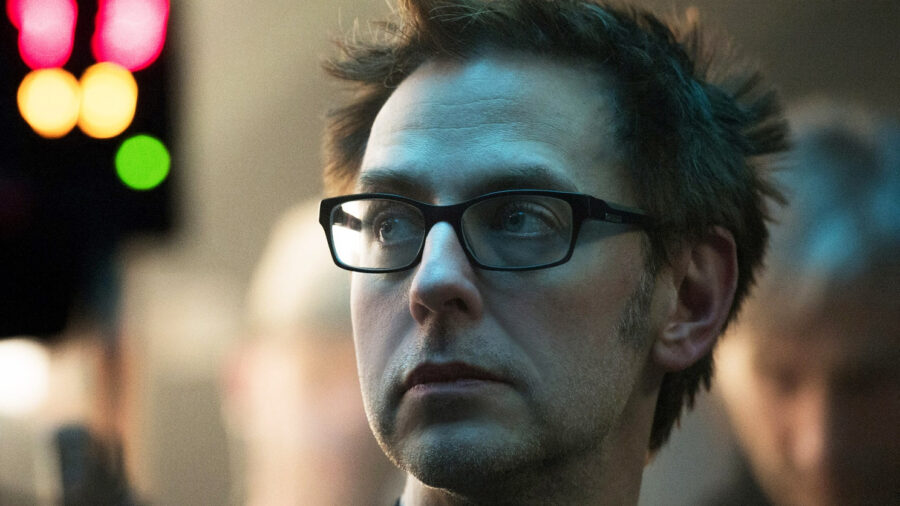
Last year we learned from Justice League: Warworld producer Butch Lekic that an animated adaptation of the 1996 miniseries Kingdom Come had been shelved at DC Studios. With James Gunn now co-head of DC Studios, the dystopian series offers a golden opportunity to not only please fans, but make a stinging statement about Gunn’s former employer–Marvel Studios. Among other things, Kingdom Come was a reaction to the comics of the ’90s, and an adaptation could serve as a statement about DC’s rival.
Kingdom Come
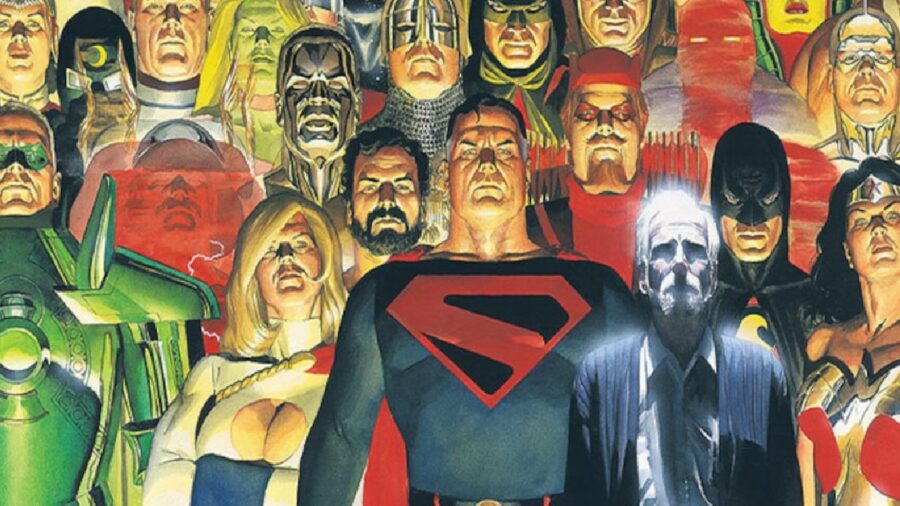
Kingdom Come begins in a not-too-distant future in which Superman and the rest of the Justice League has retired. Unfortunately, the void has been filled with ultraviolent heroes who are not only more willing to deal out death to their enemies, but who seem more interested in battling each other–at the cost of innocent lives and property in the process. Though he’s hesitant at first, Superman is eventually brought out of retirement by Wonder Woman to reform the Justice League and slap down the younger, more violent heroes.
We can be sure James Gunn is more than aware of DC’s Kingdom Come not only because of his nerdy roots, but because his new Superman’s logo is clearly inspired by the one in the miniseries.
Kingdom Come Was Reacting To The 1990s

Particularly with the rise of Image Comics with death-heavy superhero titles like Savage Dragon, Spawn, and WildC.A.T.s, the ’90s were a violent time for superhero comics. More than just an exploration of yet another dystopian setting–as James Gunn and the rest of DC Studios are no doubt aware–Kingdom Come was a reaction to what its creators saw not just as a more violent time in the genre, but one populated with violence for violence’s sake. Mention the ’90s to a comics fan, and you’re likely to inspire images of “heroes” double-fisting automatic weapons, laden with dozens of tiny pouches carrying explosives, and probably at least two or three blood-soaked swords.
While it was Image Comics that was known to define the violent superheroes of the ’90s, they were hardly alone. Long before James Gunn took over at DC, the ’90s were the time for The Death of Superman.
Meantime at Marvel, among other things, the early ’90s saw what at times seemed like a concerted effort to make sure every new X-book character carried two or three guns regardless of what powers they had. Bishop, Cable, and Deadpool all came to Marvel in the beginning of the ’90s.
The Hero Vs. Hero Violence Is Easy To Spot In Marvel
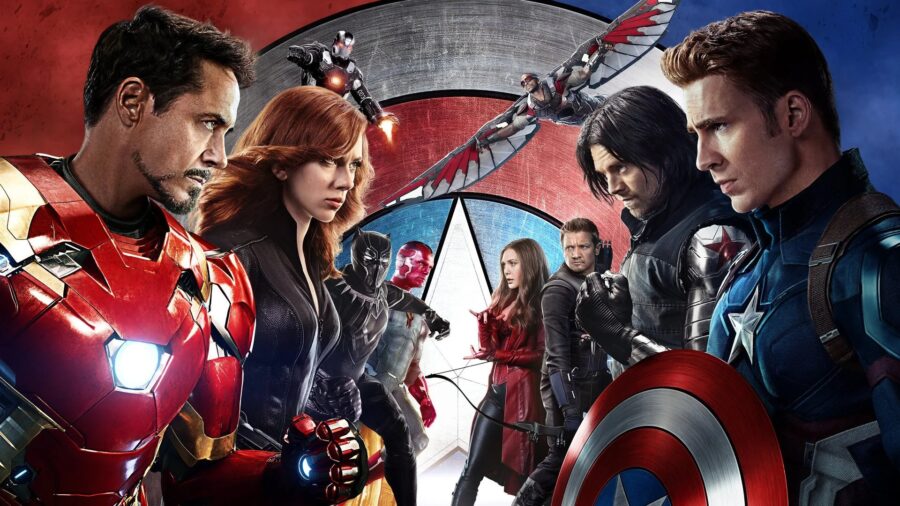
If James Gunn wanted to, he could use DC’s classic miniseries to stage a lot of commentary about Marvel.
Heroes who are more interested in fighting each other than the bad guys? Does that sound like 2016’s Captain America: Civil War to anyone else? Granted James Gunn and DC know it also sounds kind of like Batman v. Superman: Dawn of Justice, but let’s forget about that for now.
It’s long been a running joke in comic book circles how Marvel Comics heroes always tend to beat the tar out of each other the first time they meet, and the films seem to have continued that tradition.
So Many Examples
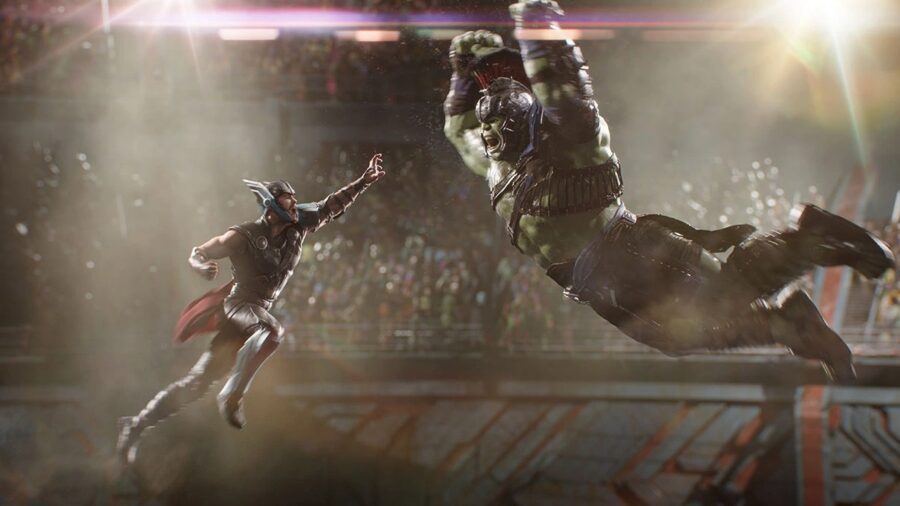
The Avengers? Iron Man vs. Thor, Hulk vs. Thor, Hulk vs. Black Widow, Black Widow vs. Hawkeye, Hawkeye vs…uh, the Helicarrier.
Hulk vs. Iron Man is the set piece of Avengers: Age of Ultron. Hulk vs. Thor is the set piece of Thor: Ragnarok. Of course there’s Civil War.
Sam Wilson and Scott Lang meet for the first time in Ant-Man? Punching. The Avengers meet James Gunn’s Guardians for the first time in Avengers: Infinity War? Punching.
Avengers: Endgame? Cap fights a version of himself with a lamer costume and we apparently even needed a clash between the Incredible Hulk and the Ancient One.
Even WandaVision–Vision fights Vison + Too Much Bleach.
Oh, and by the way, has anyone seen the trailer for Deadpool & Wolverine? They sure seem to stab each other a lot.
James Gunn Could Easily Use Kingdom Come To Mock Marvel
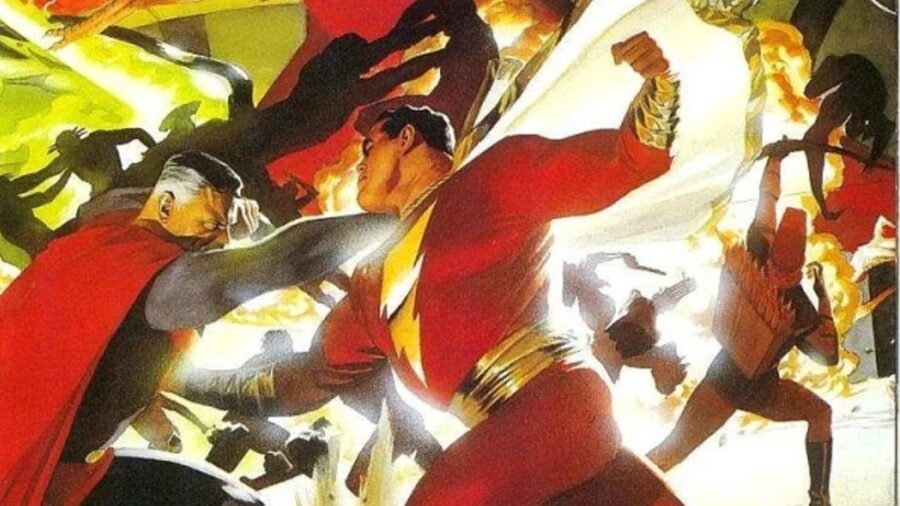
If James Gunn wanted to, he could easily use DC’s Kingdom Come to point out that the hero vs. hero bloodfest that Mark Waid and Alex Ross imagined in their comic is realized in the MCU. The hero vs. hero fights that finally convince Superman to come out of retirement could be fashioned to be shot-for-shot “homages” to Marvel films. The message would be clear as it would be undeniable.
Of course, then the film would culminate the same way the Kingdom Come comic does–with a massive battle between three disparate superhero armies without a supervillain in sight. Because irony.











